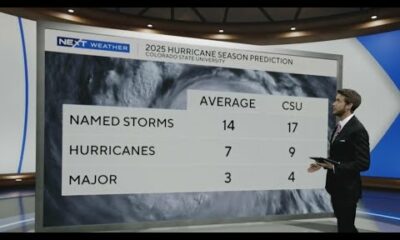(The Center Square) – With heavy nuclear reliance, South Carolina is 22nd in energy affordability in the Energy Affordability 2025 report from the American Legislative Exchange Council.
“South Carolina’s energy policies, including a renewable portfolio standard and net metering, have introduced higher costs to consumers,” ALEC says. “The RPS mandates increased investment in renewable energy, often leading to higher electricity prices as utilities pass the costs of new infrastructure and technology on to ratepayers.
“Similarly, net metering, while encouraging residential adoption of solar power, can result in higher rates for nonparticipating consumers, as the costs of grid maintenance and backup power are spread across all customers.”
The report says the average retail price in cents per kilowatt-hour is 10.74. Total retail sales in megawatt-hours are 82.7 million.
Nuclear (56%), natural gas (25%), coal (15%), solar (2%) and hydroelectric (2%) represent the top generation sources.
The state does not have a cap-and-trade. This means permits are not issued for trade to incentives for emission reductions.
In its summary, ALEC says, “Despite implementing these progressive energy policies, South Carolina still faces considerable challenges in maintaining energy reliability, as indicated by the 15 reported incidents during the study period. These reliability issues reflect vulnerabilities in the state’s energy infrastructure, which may be further strained by the aging nuclear facilities and the moderate diversification of its energy mix.
“As South Carolina continues to navigate the balance between renewable energy growth and cost-effective, reliable power, the impact of its current policies on consumers should be carefully evaluated.”











































